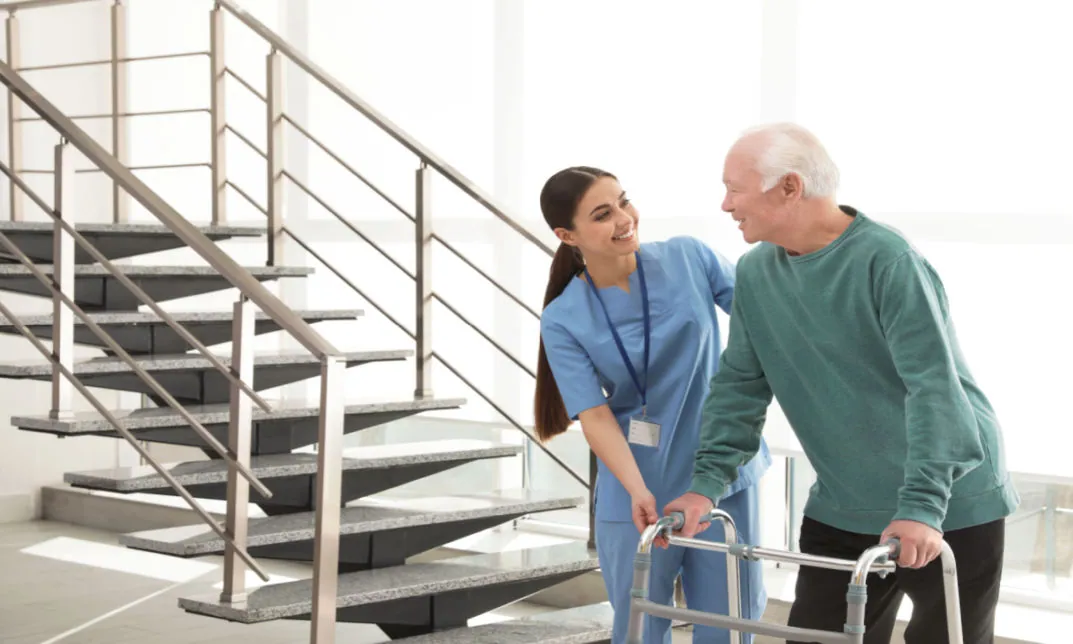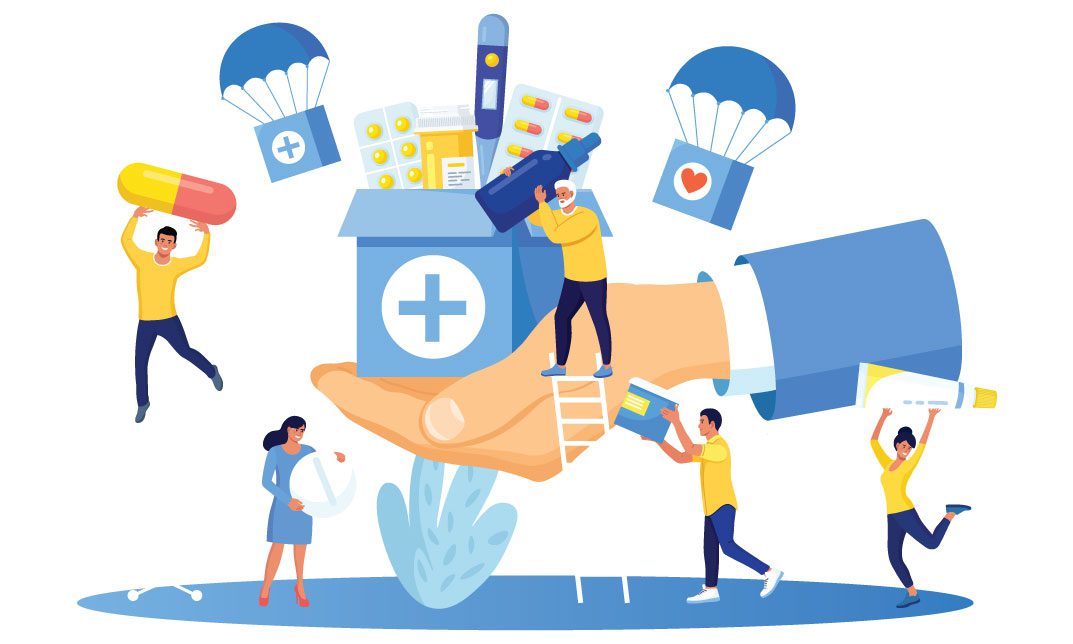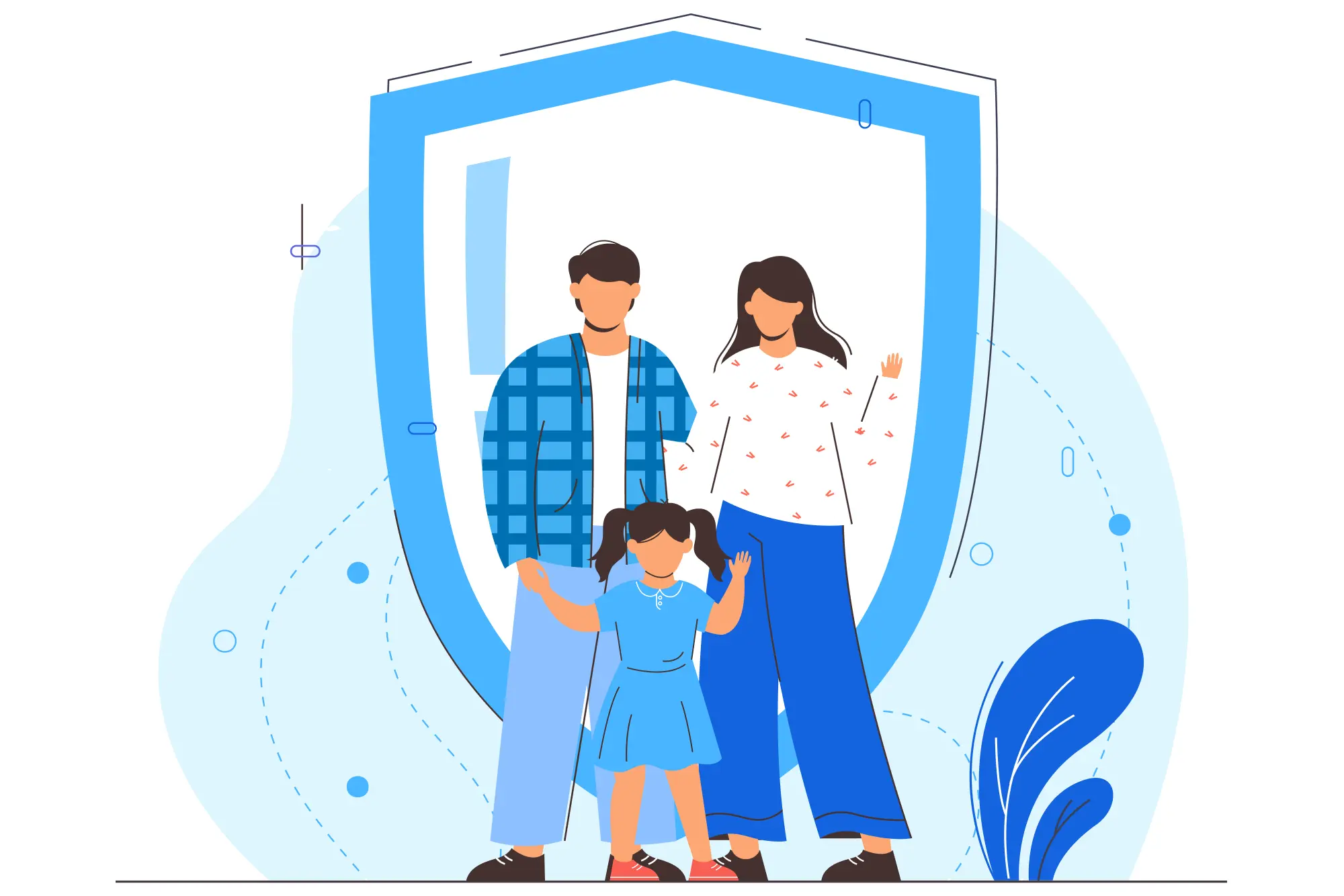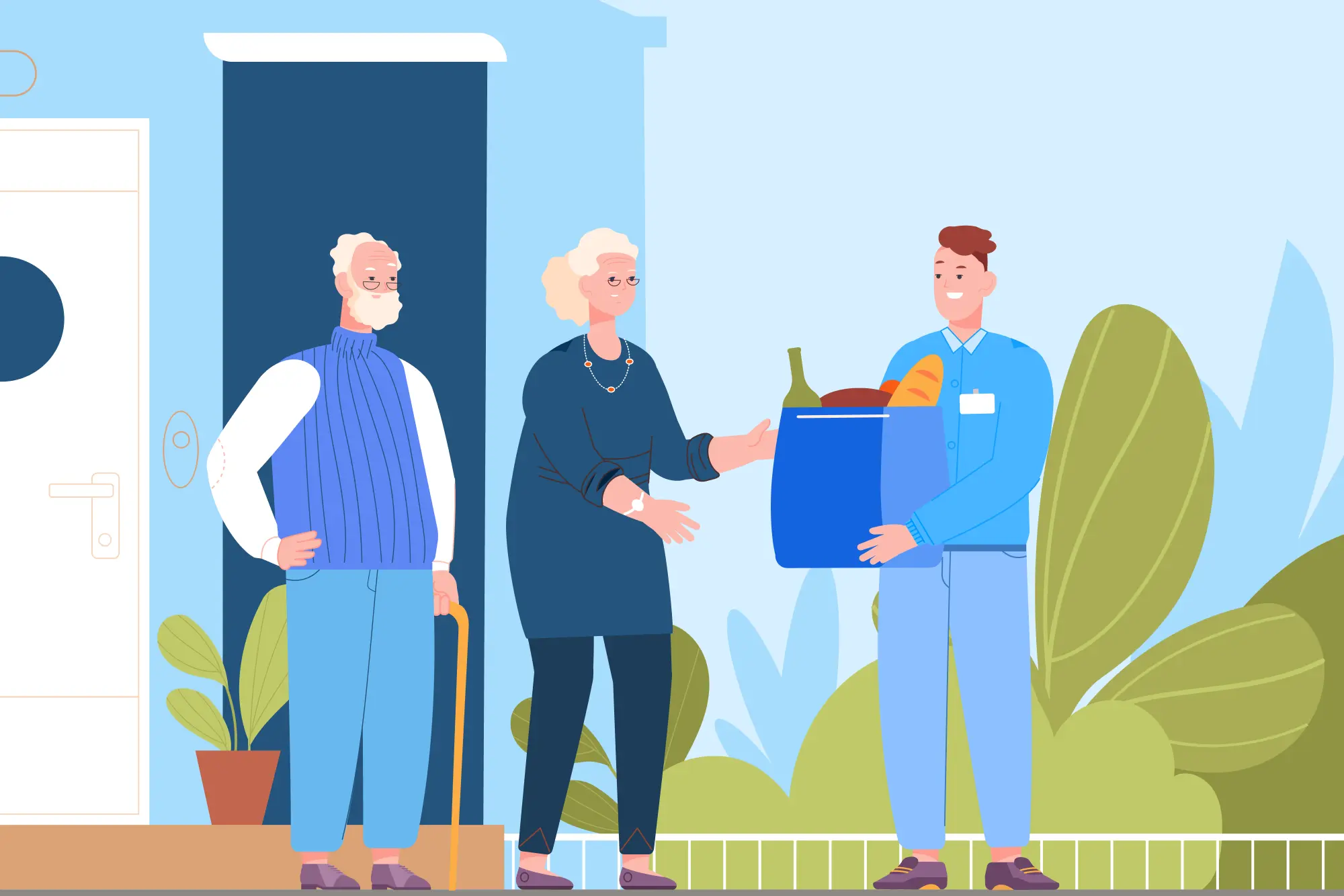No products in the basket.
Have you heard the term PIES in health and social care? Many people do, but not everyone knows what it means. Let’s make it easy to understand. PIES stands for Physical, Intellectual, Emotional, and Social development. It helps care workers look at the whole person. This model shows how people grow, learn, and feel well at every age.
Physical development is about the body. It includes movement, fitness, and health. Intellectual development is about the mind. Emotional development is about feelings. It helps people understand and control emotions. When someone feels supported, they stay calm and confident. Social development is about people and relationships. It means talking, sharing, and spending time with others.
So, PIES in health and social care helps us see people as a whole. Everyone grows in these four ways. From birth to old age, these areas shape who we are. When carers use the PIES model, they can give the right help for both body and mind.
Why is PIES in Health and Social Care Important?
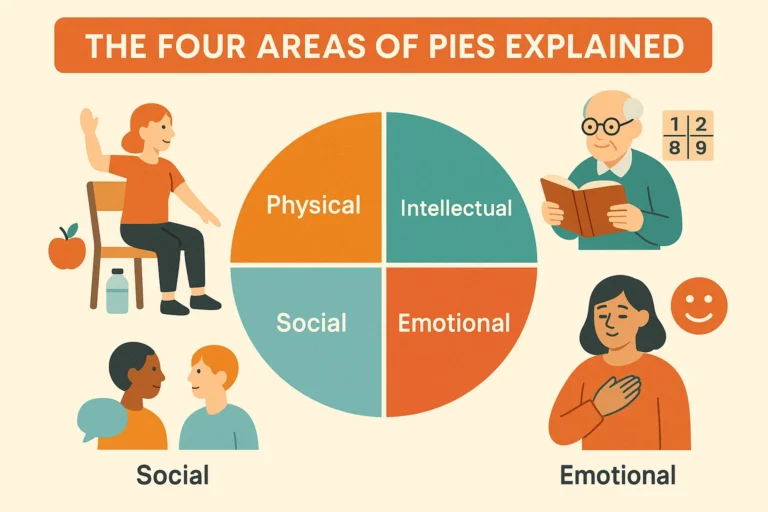
The PIES in health and social care model is very important. It helps carers, support workers, and nurses give better care to every person. PIES makes care more person-centred. This means support is planned around each person’s needs and feelings. It looks at the whole person — body, mind, emotions, and relationships.
When carers follow PIES, they don’t just help someone stay healthy. They also help them feel understood, valued, and connected. For example, talking kindly or spending time with someone can improve their mood and confidence. This approach also makes people feel independent and safe. They learn to do small things on their own and feel proud of it. That sense of care brings comfort and trust.
In the end, PIES improves the quality of life for everyone. It reminds carers that care is not only about medicine or routine — it’s about kindness, respect, and helping people live happy, full lives.
The Four Areas of PIES Explained
Let’s look at the four parts of PIES in health and social care. Each one plays an important role in helping people stay healthy, happy, and confident every day.
P – Physical Development
Physical development is all about keeping the body healthy and strong. It includes movement, daily care, and safety.
Carers can:
- Support safe movement and gentle exercise.
- Encourage healthy eating and drinking.
- Help with hygiene, continence, and taking medicine.
- Promote independence with helpful aids or small changes at home.
For example, a carer can guide an older adult through easy chair exercises and a simple morning routine. This helps build strength, confidence and a sense of control.
I – Intellectual Development
Intellectual development keeps the brain active and curious. Learning doesn’t stop with age — it just changes shape.
Carers can:
- Use reading, puzzles, and games to spark thinking.
- Support memory, focus, and communication.
- Offer new experiences and small, achievable goals.
- Adapt tasks to match each person’s abilities.
For instance, you can play short memory games or read the daily news together. This keeps the mind sharp and helps with friendly conversation.
E – Emotional Development
Emotional development focuses on feelings and confidence. Everyone needs kindness, patience, and understanding.
Carers can:
- Build trust and self-esteem through respect and care.
- Encourage people to share their emotions safely.
- Reduce stress with calm and predictable routines.
- Create a warm, supportive environment every day.
For example, listening carefully and offering reassurance during personal care can calm worries and make someone feel valued.
S – Social Development
Social development is about connection and belonging. People feel happier when they have company and purpose.
Carers can:
- Encourage friendships and social interaction.
- Plan small group activities or local outings.
- Support clear communication, even with assistive tools.
- Help reduce isolation and loneliness.
For instance, hosting a small craft or music session can spark joy, start conversations, and bring people closer together.
Together, these four parts of PIES in health and social care help carers give balanced, person-centred support. They remind us that caring is not only about health — it’s about helping people live with comfort, dignity, and joy.
How PIES Is Used in Care Settings
The PIES in health and social care model is used in many care settings. It helps carers look after the whole person, not just their illness. Let’s see how it works in simple ways.
Childcare
In childcare, PIES helps children learn and grow through play. Fun games, stories and songs help them learn new words and ideas. They also build social skills by sharing and playing with others. Each small success makes them feel proud and happy.
Elderly Care
In elderly care, PIES helps older people stay active and safe. Gentle exercises prevent falls and keep the body strong. Talking and memory games keep the mind sharp. Spending time together gives comfort and helps them feel less lonely. Even a short chat can make a big difference.
Healthcare
In hospitals and clinics, PIES reminds carers to care for both the body and the mind. Doctors and nurses treat illnesses, but they also listen and offer kindness. A warm smile or caring words can help patients feel calm and supported.
In every place, PIES makes care person-centred. It means carers support health, emotions, and relationships together. This way, people feel safe, respected, and truly cared for.
Benefits of Using the PIES Approach
The PIES in health and social care approach brings many benefits. It helps people live happier, healthier and more confident lives. Let’s look at how it makes a difference.
First, PIES improves the quality of life. When carers support the body, mind, emotions and social life together, people feel more balanced and cared for. Life feels smoother and less stressful.
Next, it helps improve mood and communication. When someone feels listened to and understood, they open up more. Simple chats, laughter, or shared moments help build strong and warm connections.
It also encourages independence and confidence. When people are supported to do small things on their own, they feel proud. Every little success helps them believe in themselves again. Finally, PIES creates joined-up care. This means carers, nurses, and families work together to support the whole person. Everyone understands the person’s needs, not just their health problems.
In the end, the PIES approach adds kindness and heart to care. It reminds us that every person deserves to feel valued, respected, and truly supported in every part of life.
Common Challenges When Applying PIES
Using the PIES in health and social care model can sometimes be challenging. Even with good intentions, carers may face a few common problems in daily work.
Common Challenges:
- Limited time and staff: Carers often have many tasks but little time. It can be hard to give both physical and emotional support.
- Balancing priorities: Physical care, like medication or safety, can take most of the focus. Emotional and social care may get less attention.
- Inconsistent activity planning: Without a routine, people might miss out on fun or helpful activities like games or light exercise.
Simple Fixes:
- Use short, routine-based activities. Even five minutes of exercise or a short chat can make a difference.
- Work as a team. Share tasks and support each other so no one feels rushed or alone.
- Set clear roles. Everyone should know their part in caring for the person.
- Add a simple PIES checklist to each care plan. It helps make sure all four areas — physical, intellectual, emotional, and social — are supported.
With teamwork, planning, and kindness, these challenges can be managed. Small actions can make a big difference in bringing the PIES in health and social care model to life every day.
How to Develop Your PIES Skills
If you work in care, growing your PIES in health and social care skills can make a big difference. It helps you give better, more thoughtful support to each person you care for. Here’s how you can build your skills step by step.
1. Take Health and Social Care Courses
Start with Level 2 or Level 3 Health and Social Care courses. These teach the basics of safe and person-centred care. You’ll learn how to support physical, emotional and social needs in real situations.
2. Refresh Your Practice
Keep your skills fresh by reviewing Safeguarding and Person-Centred Practice. This helps you protect people and respect their choices every day. It also reminds you that good care starts with empathy and trust.
3. Add Extra Workshops
Take short workshops on Mental Health, Dementia, Communication, and Autism or SEN. These topics help you understand how different people think, feel, and connect. The more you know, the more confident and caring you become.
4. Reflect and Improve
After activities, take a few minutes to think about what worked and what didn’t. Log your outcomes — this helps you plan better next time. When you adjust care around someone’s preferences, you show that you truly listen and care.
Developing your PIES skills takes time, but it’s worth it. With learning, reflection, and heart, you can make every care moment meaningful and person-centred.
Final Thoughts: Why PIES Still Matters
The PIES in the health and social care model still matter because they keep care humane. It reminds us that every person is more than their illness or age. Everyone has a body, a mind, emotions and relationships that all need care and respect.
When carers support all these areas each day, they bring real balance and comfort. They help people stay healthy, think clearly, feel valued, and stay connected to others. PIES also makes care more compassionate, effective, and lasting. It builds trust and understanding between carers and the people they support. In the end, PIES is not just a model — it’s a reminder to care with heart, patience, and kindness in every moment.
If you want to learn more about how to apply the PIES model in real-life care settings, explore our Health and Social Care courses at Training Tale. These courses will help you build the skills, confidence, and compassion needed to make a real difference in people’s lives.
FAQs
1. What are the four pies in health and social care?
- The four PIES in health and social care are Physical, Intellectual, Emotional, and Social development. These four areas show how a person grows and changes in life.
2. What do pies mean in health?
- In health, PIES means Physical, Intellectual, Emotional, and Spiritual needs. It helps carers understand and support a person’s overall well-being.
3. What are the 4 P’s of health care?
- The 4 P’s of health care are Personalised, Preventive, Predictive, and Participatory. They focus on care that is tailored, proactive, and involves the patient.
4. What are physical, intellectual, emotional and social needs?
- Physical, intellectual, emotional, and social needs are the main parts of human growth. They include staying healthy, learning new things, feeling loved, and building good relationships.
5. How do pies work?
- A PIES sends a sound from the seabed to the sea surface. It then measures how long the sound takes to come back.

